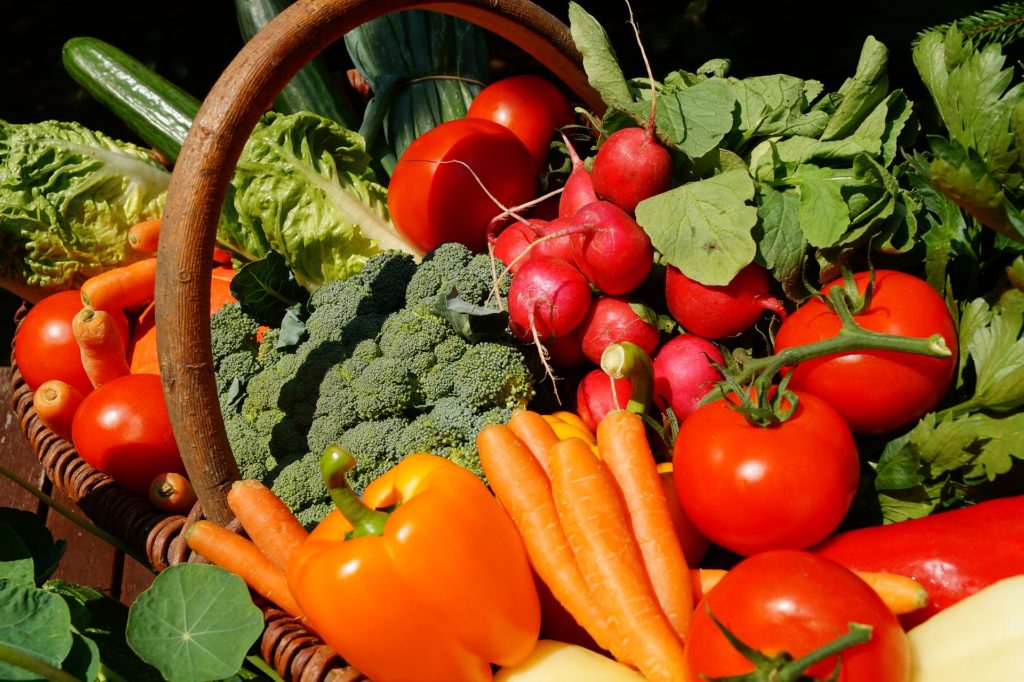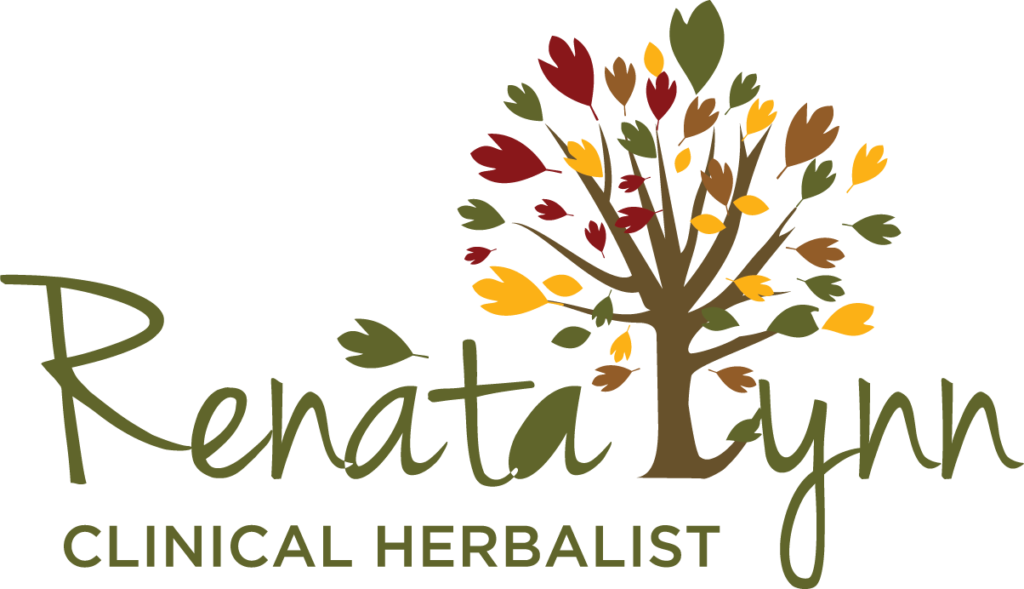Food and Mood – Does What I Eat Really Matter?

Summertime can be naturally mood boosting to many, but how does what you eat this season fit in? Today, we’ll look at the vital connection between food and mood.
Inflammation & Your Brain
Many of us are familiar by now with the relationship between inflammation and chronic disease, but did you know that research in recent years has demonstrated a link between inflammation, mood and cognitive functioning? Our dietary patterns have a direct impact on inflammation and can be an important driver or suppressor.
Foods that contribute to inflammation include:
refined carbohydrates
sugary drinks
greasy foods
processed meats
Foods that calm or prevent inflammation are whole foods and include:
vegetables
fruits
nuts and seeds
foods rich in omega-3 fats like fatty fish
flax and chia seeds
Check out this Psychiatric Times article for more on the relationship between inflammation and mood and this Science Daily article for more on the relationship between nutrition, inflammation and chronic disease.
Gut – Brain Axis
There is a lot more going on in our gut in addition to digestion— there is complex neural network in the gut known as the enteric nervous system, much of our immune system, and our gut microbiota. All of these systems are constantly interacting, and our gut and brain are connected through multiple pathways so they’re interacting with our central nervous system too. A troubled digestive tract can have negative impact on our psychological wellbeing, and stress anxiety and depression can have a negative impact on our gut, particularly through altering the composition of microbiota. This has a further negative effect on the brain, and so on … Given all of this, it makes sense to take good care of our gut and one of the most important ways to do that is through the foods we eat.
The foods we eat have a direct impact on the composition of microbiota and the level of inflammation in our gut and can even drive our food cravings. So, stick with the anti-inflammatory foods mentioned above and be sure to eat foods rich in soluble fiber like oats, black beans, chia seeds and flax seeds. For more on the gut-brain axis and the importance of our microbiota check out this article from Scientific American.
Healthy digestion is a critical aspect of good nutrition, without it we can’t break down foods and absorb nutrients efficiently. Avoiding inflammatory foods, eating foods that suppress inflammation and feed our microbiota will go a long way to encouraging good digestion. Learn about how herbs can improve digestion in this Ask the Herbalists post by Amy Charnay for those times when a little extra help is needed.
Nutrient deficiencies
Good nutrition, in general is important to balanced mood. There are some nutrients that play crucial roles in nervous system function and should be highlighted:
- Omega-3 fatty acids are crucial to maintaining nerve cell membrane structure. They can be found in fatty fish like salmon, tuna, and anchovies. Plant sources include chia and flax seeds.
- Magnesium has important functions in cell signaling processes.
- Vitamin D. In addition to its anti-inflammatory effects, vitamin D decreases elevated levels of intracellular calcium, which is thought to play an important role in the development of depression.
- B vitamins. Several B vitamins are required for the synthesis of neurotransmitters serotonin and dopamine that are involved in mood regulation. With the exception of B12, the B vitamins can be found in vegetables, fruits, whole grains, nuts and seeds. Vitamin B12 is found animal products and is produced by microflora in the gut.
- Minerals. Many minerals are involved in nervous system functioning. For example, magnesium and zinc play roles in cell signaling, copper is involved in neurotransmitter synthesis; and zinc, selenium, and manganese are important antioxidants that protect cell membranes. To ensure that adequate minerals in your diet be sure to eat a variety of whole grains, legumes, nuts and seeds, fruits and vegetables – especially leafy greens.
Many herbs can have significant vitamin and mineral content and herbs can play a role in enhancing nutrient absortption. One of my favorite nutritive herbal tea blends is made with stinging nettle, milky oats, and rose hips.
Nettles contain iron, phosphorus, potassium, calcium, magnesium, manganese, copper, boron, strontium as well as B vitamins, vitamins A, C, K, and beta carotene. Nettle also have anti-inflammatory activity and are commonly used to help restore vitality over time
Milky oats are highly nutritive, containing calcium, potassium, phosphorous, manganese and zinc as well as B vitamins and vitamins A, C, E, and K. They also have the added benefit of strengthening and soothing nerve tissue.
Rose hips contain vitamins A, C, E, and K as well as calcium, magnesium, phosphorous, and potassium.
To prepare put the following herbs into a 1 quart mason jar or French press
½ cup stinging nettle (Urtica dioica)
¼ cup milky oat tops (Avena sativa) grind these in a coffee grinder before preparing, preferably one not used for coffee!
¼ cup rose hips (Rosa canina)
Infuse covered, overnight in 4 cups just boiled water. Strain and enjoy this highly nourishing tea throughout the day.
Enjoy!
The post “Food and Mood – Does what I eat really matter?” originally appeared on Ask The Herbalists blog June 21, 2019
